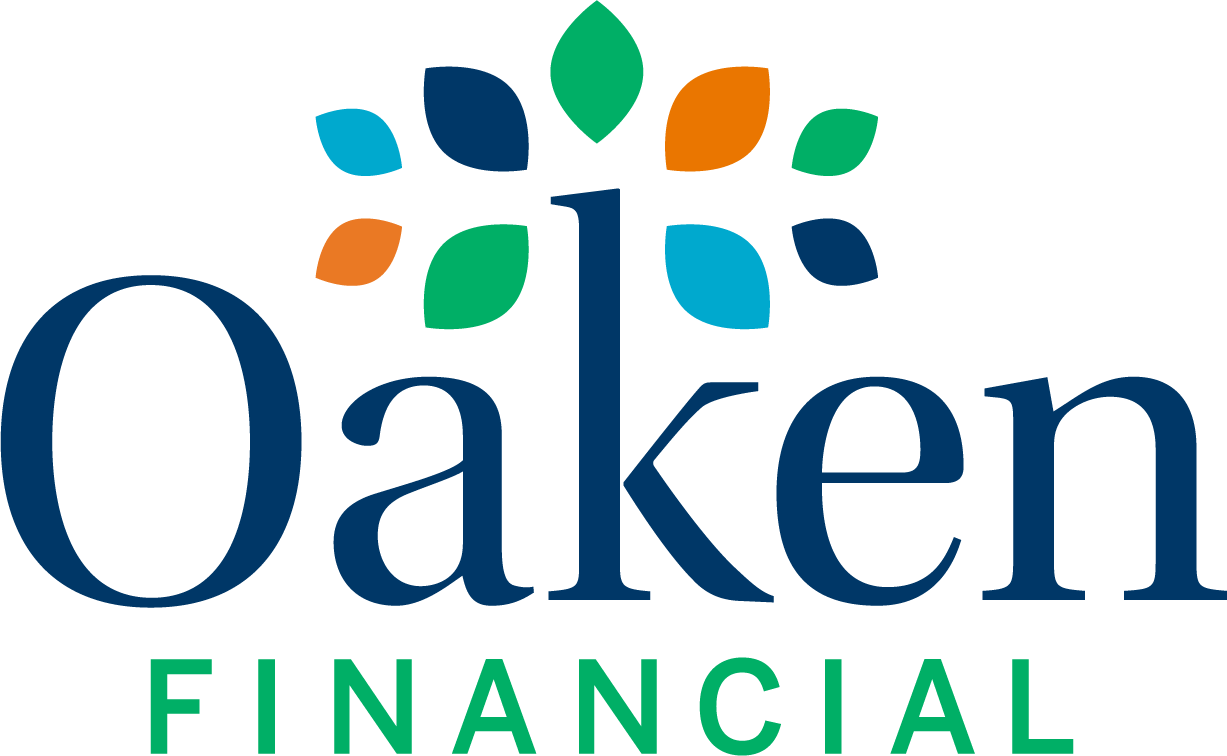A new year is the perfect time to establish new financial goals and implement improved financial habits to help you reach them. After all, the dead of winter isn’t exactly the most motivating time of year but it is a quiet time of year, which means you have the time to think about what you want for the upcoming year and how it is you plan to achieve that.
Here are three healthy financial habits to start implementing this January so that by the end of the year you’ll feel more financially secure.
Re-negotiate old contracts
Once a year you should go through all your bills and try to renegotiate them – you’ll be surprised at how many companies will give you a discount if you just ask for it. Set aside the time to call your phone, internet, and insurance providers to see what they can do for you. Some people absolutely thrive on this kind of negotiation while others may find it uncomfortable, but it can be well worth your time to at least enquire about the possibility of a reduction in these fees.
You will have to call each company individually and you will likely have to deal with an automated phone system before you get to speak with an actual person, but once you do, clearly state that you’re looking for a better rate and would like to speak to someone who can make the decision. Once you have a supervisor on the line who has more authority when it comes to offering discounts, simply ask them if there’s a better rate they can offer you. If they say no, push back a bit.
If they still hesitate to offer you a discount, threaten to go to one of their competitors. They know that even with a discount, they’re going to make more money from you in the long run if you stay so there is a big incentive for them to keep you as a customer. By doing this, you should be able to get a discount on at least some of your monthly bills. At the same time, you should also be checking out the competitor's pricing in case you do want to switch.
Automatically transfer money
As noted earlier, January is a great time to develop new savings and spending goals. By savings, we mean just that – money you intend to set aside and not spend unless you face some kind of emergency. A spending goal, on the other hand, is money for which you have a specific purpose such as a down payment, a vacation, a new car or even a new wardrobe.
Calculate how much you want to have in each account by the end of the year and then divide that number by 12 to see how much you need to set aside each month. Then, set up an automated transfer from your main account into a dedicated savings account. Yes, you should create separate accounts which are super easy to do online.
Say, for example, you’re planning to go on a post-pandemic vacation (hopefully!) next year and want to have $5,000 for you and your spouse to really enjoy yourselves. Simply divide $5,000 by 12 which is $416 – this is the amount you need to save every month to reach your goal.
Focus on your debt
All debt is not bad, but if most of your debt comes with high interest, you should concentrate on paying down the most costly debt first. For instance, this could take the form of consolidating high-interest credit card debt to reduce your total monthly carrying costs.
When you have a lot of credit card debt, paying the minimum each month does little to reduce the principal amount you owe. That’s because when you make just the minimum payment, most of your payment goes to the interest and the principal remains unpaid. More critically, interest continues to be applied to the total amount that you owe. For this reason, reducing your high-interest debt is one of the first things you should consider when looking for ways to reduce your total debt load.




 Saving strategies
Saving strategies